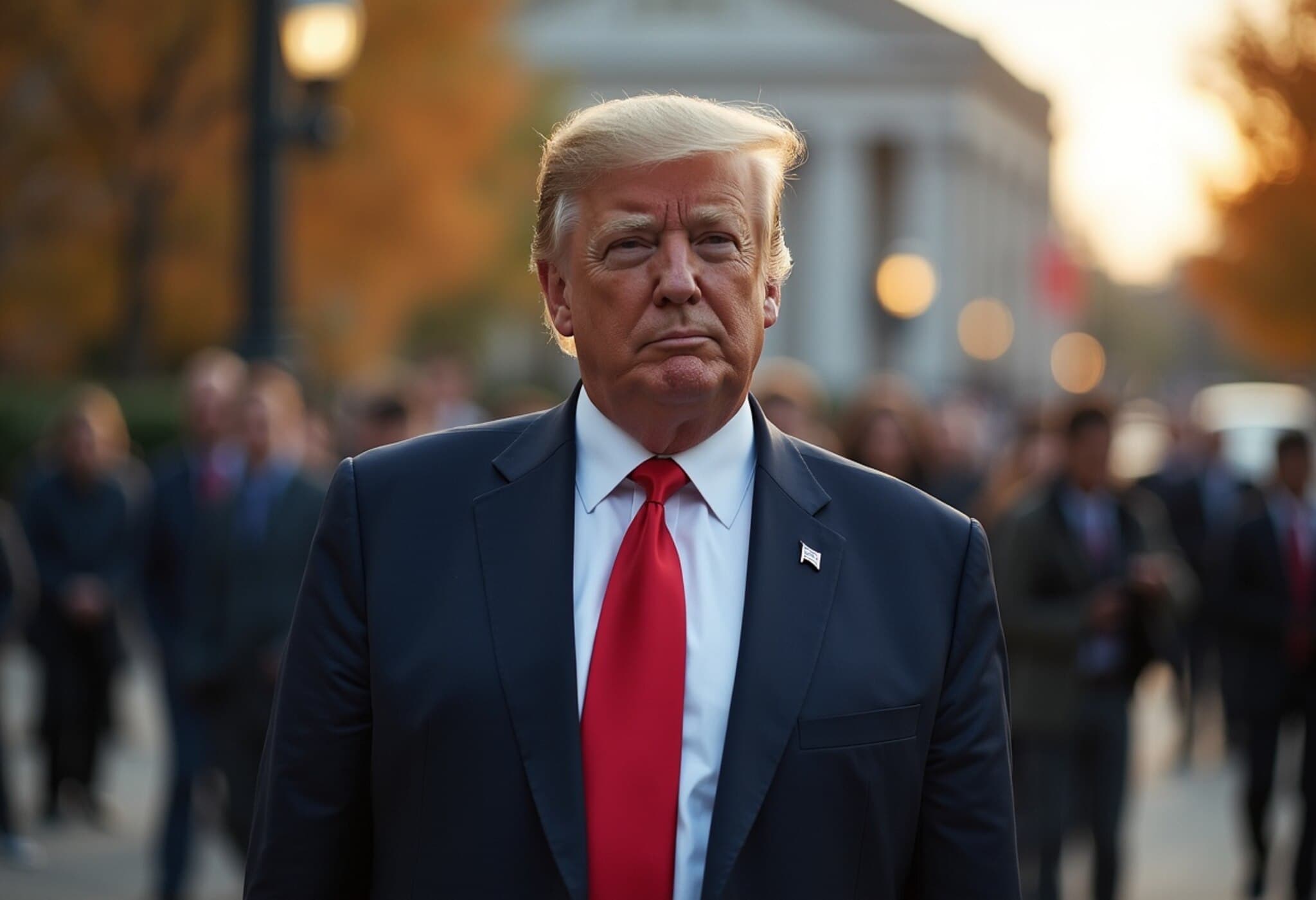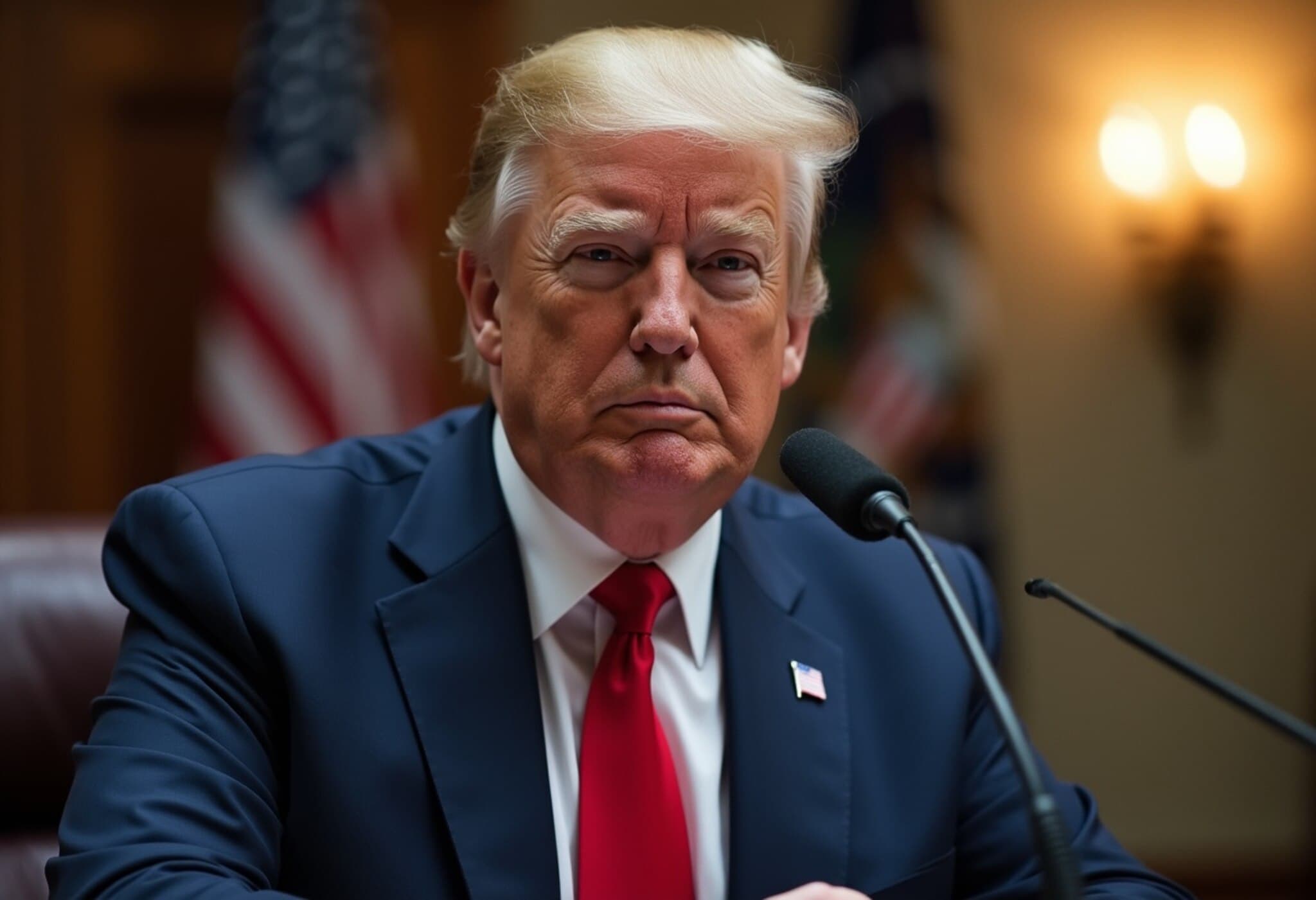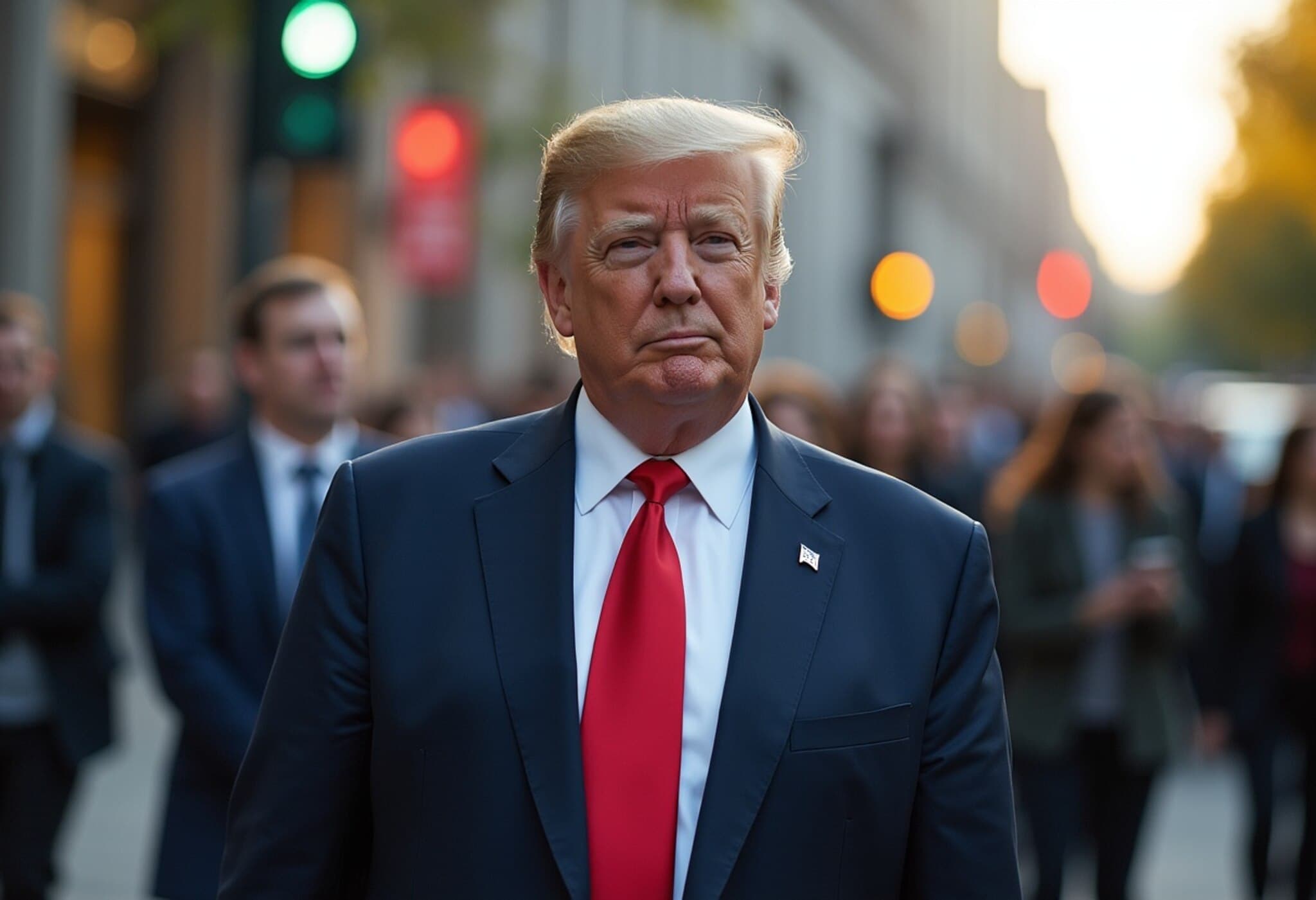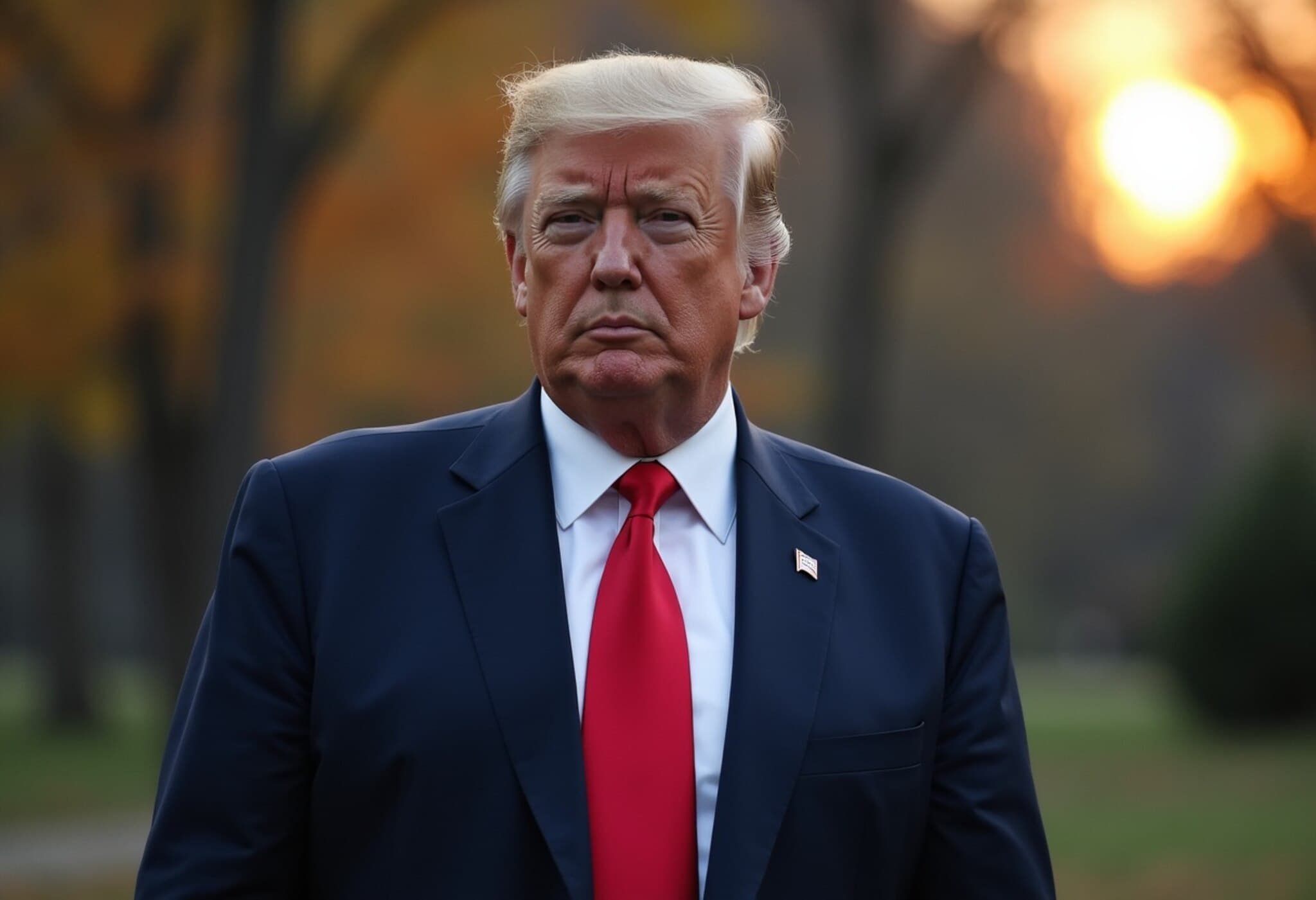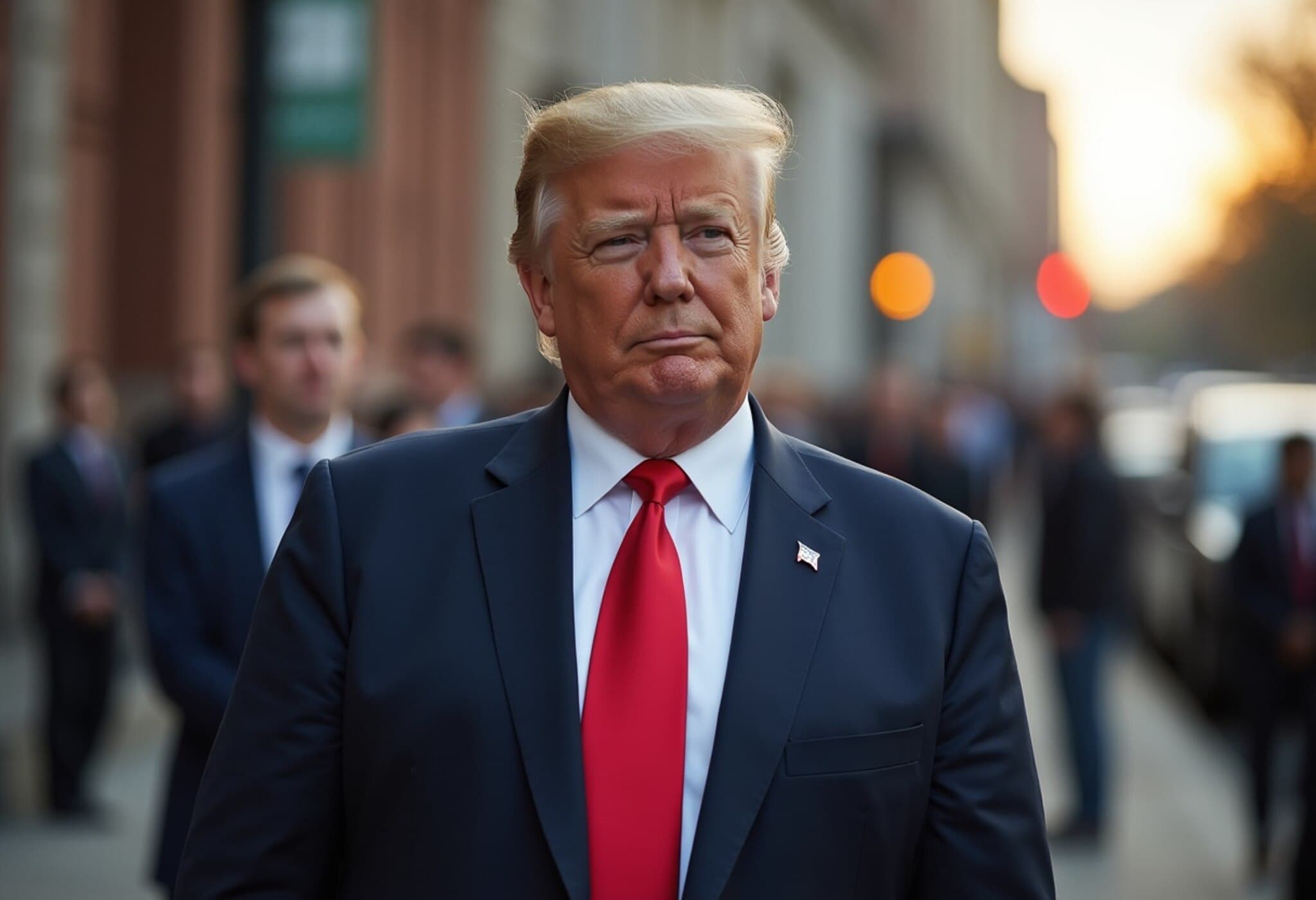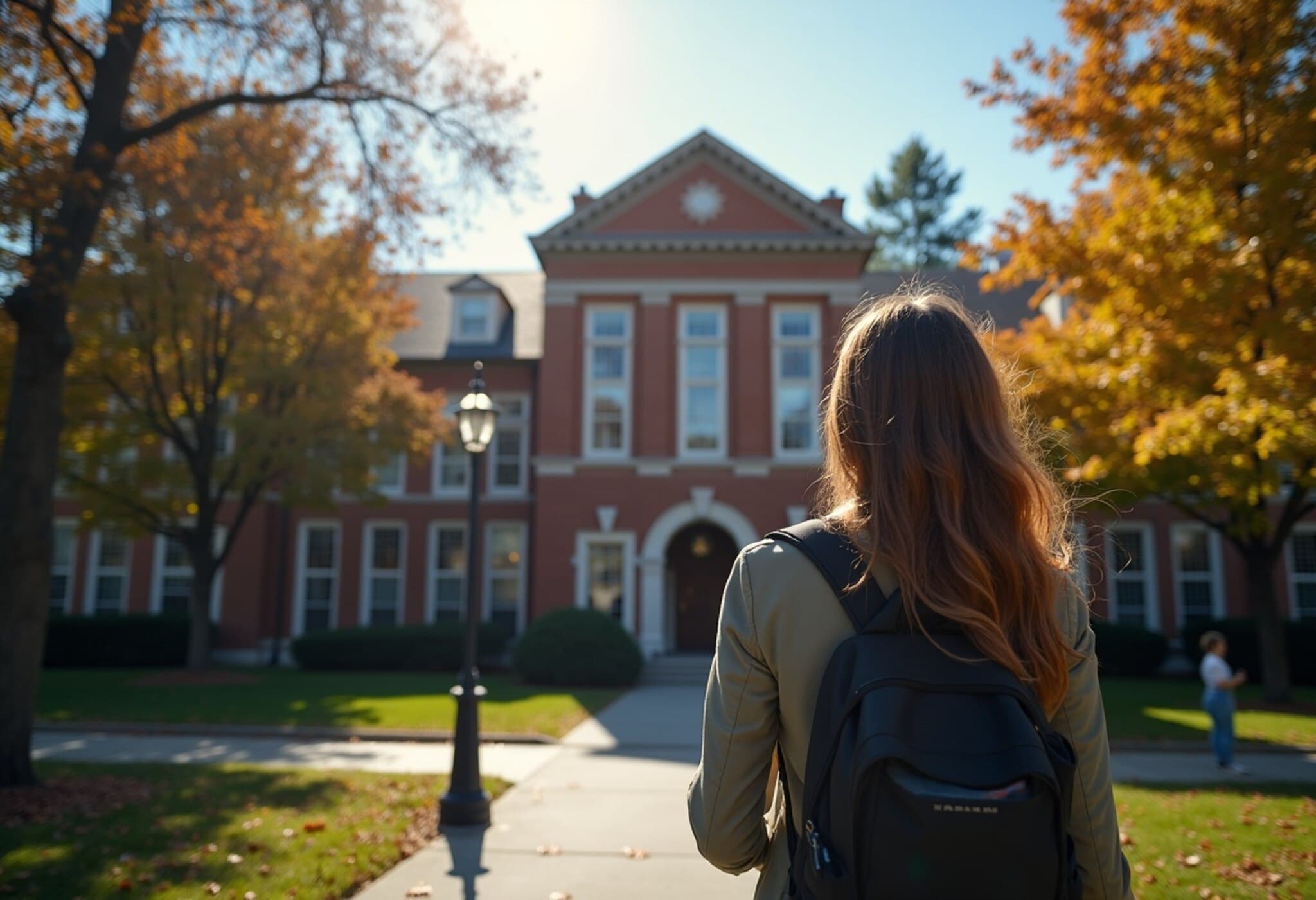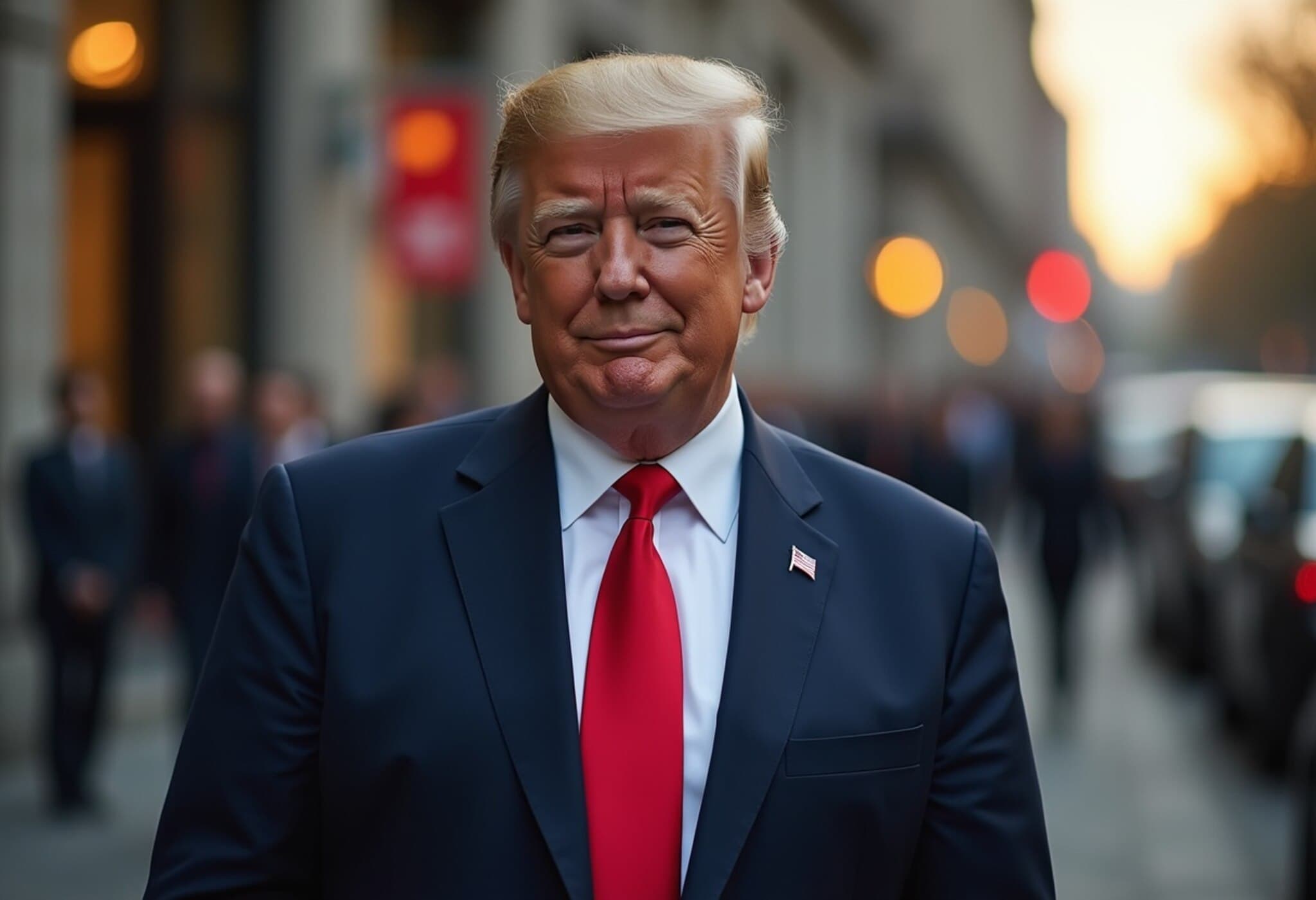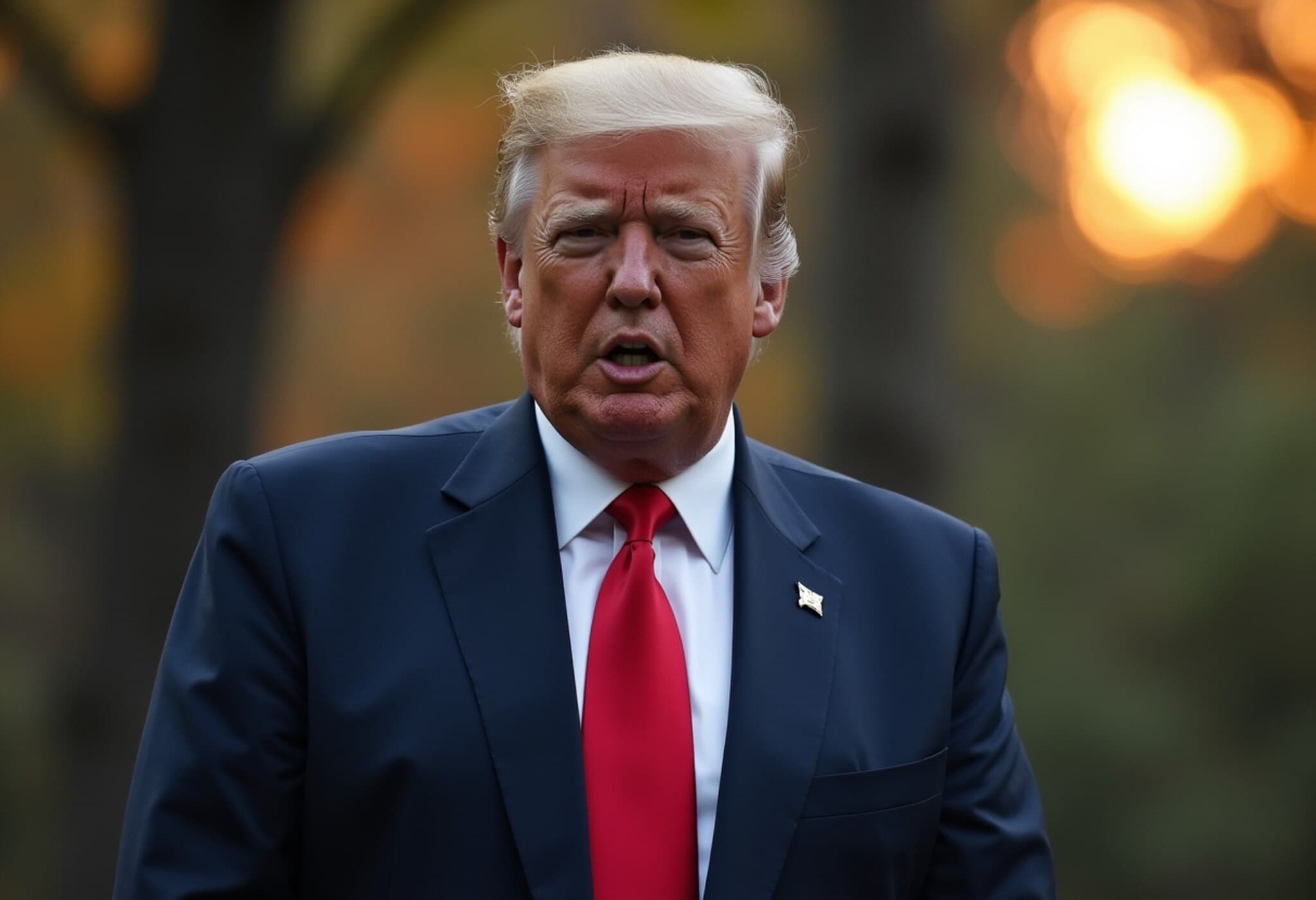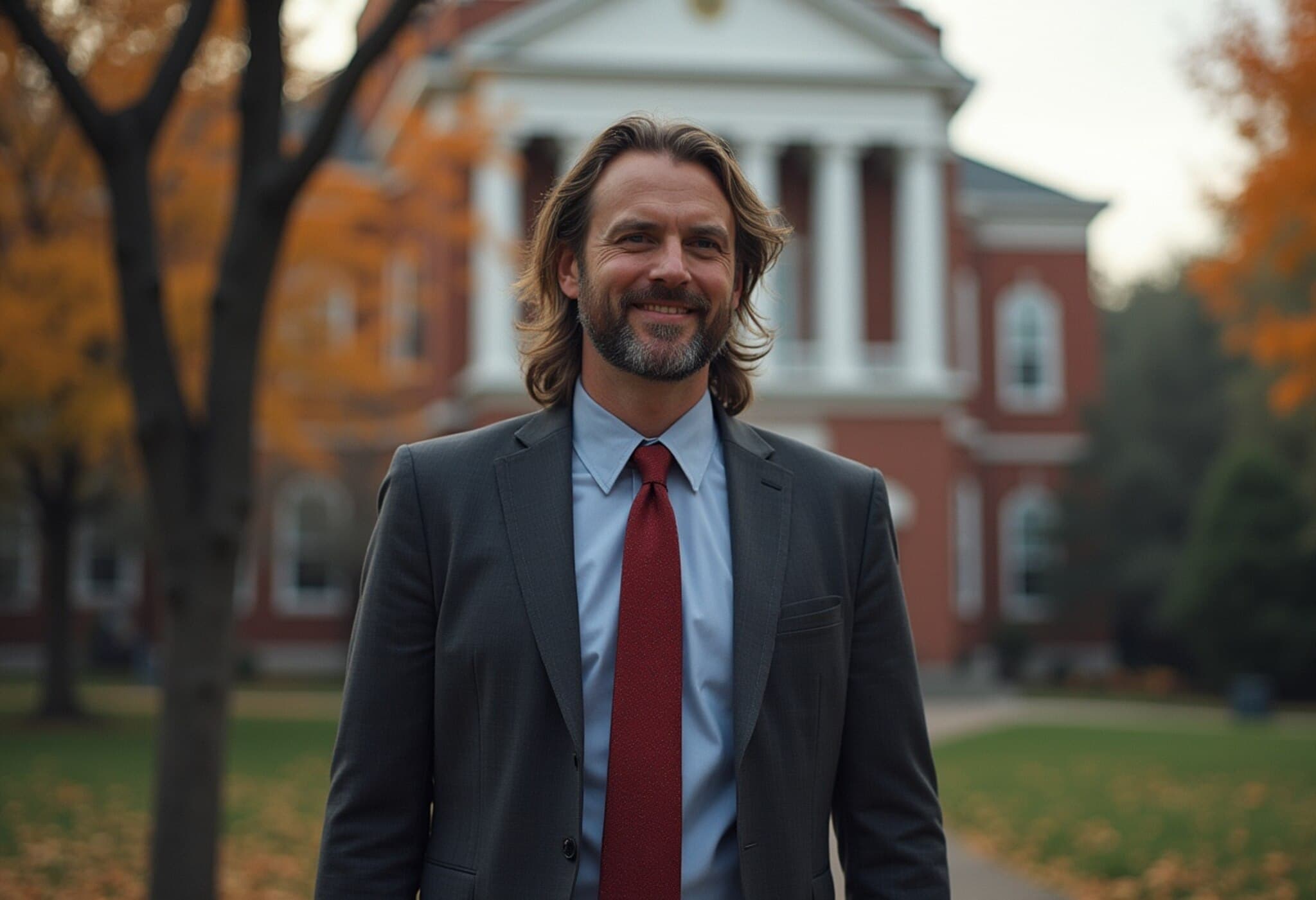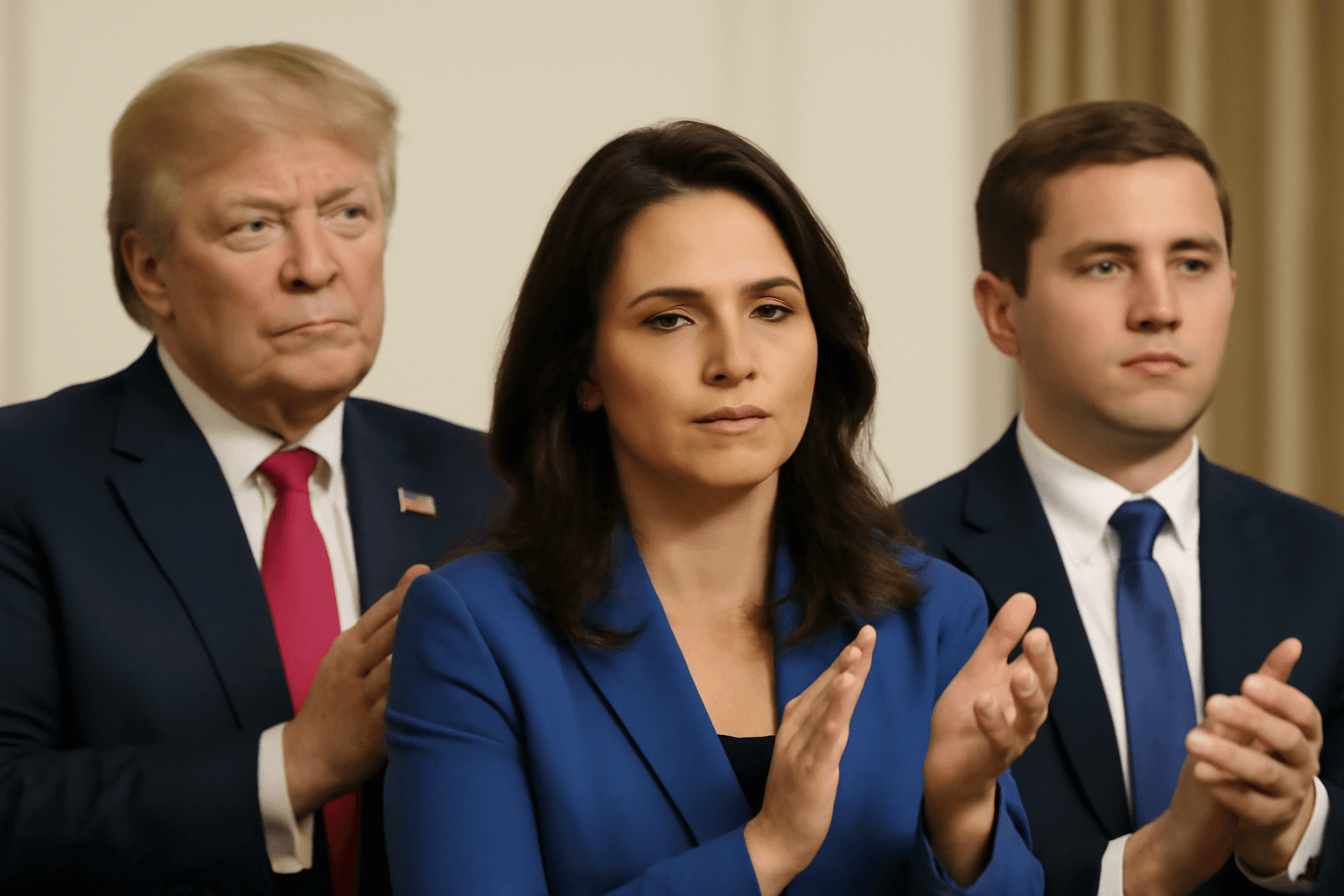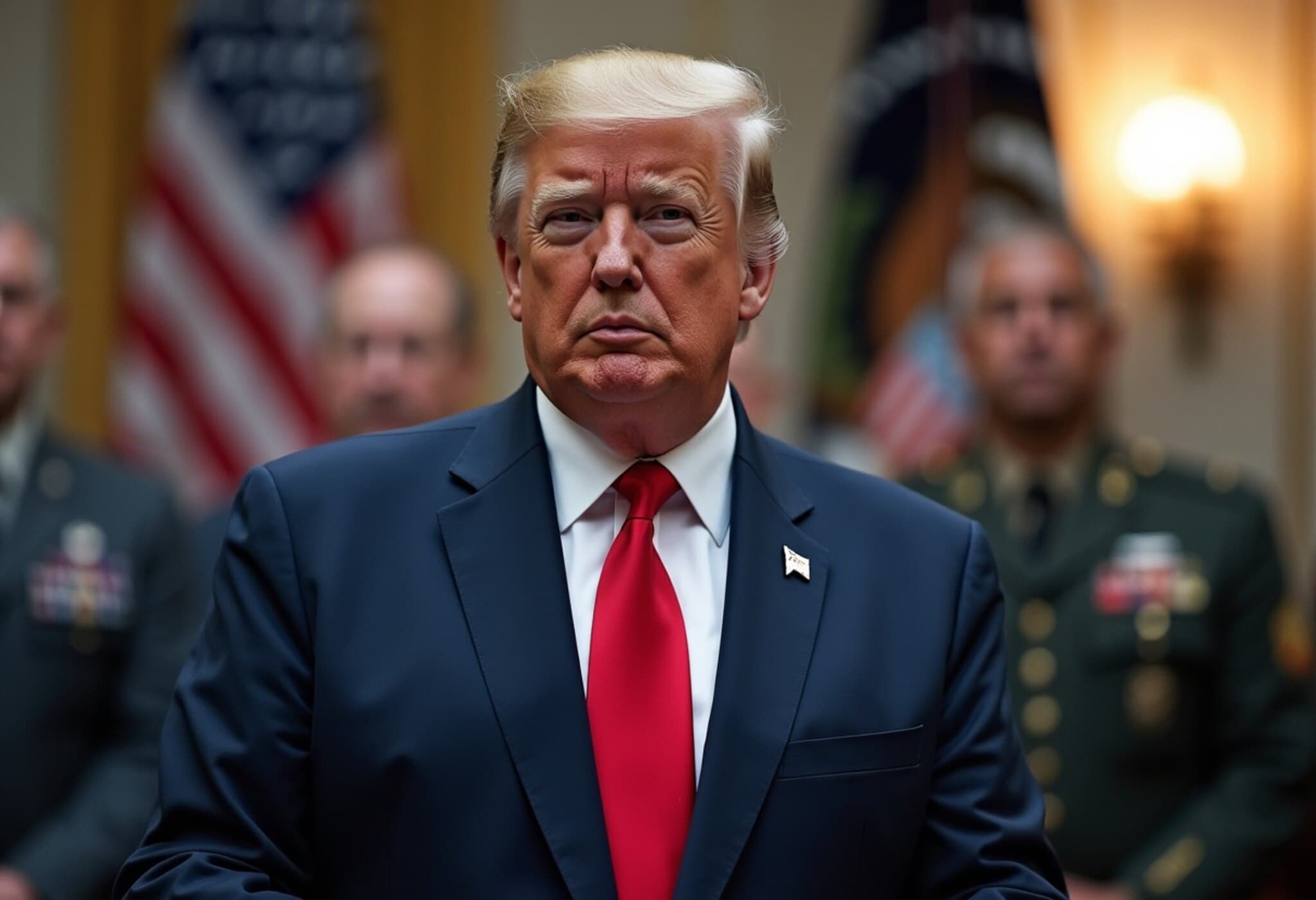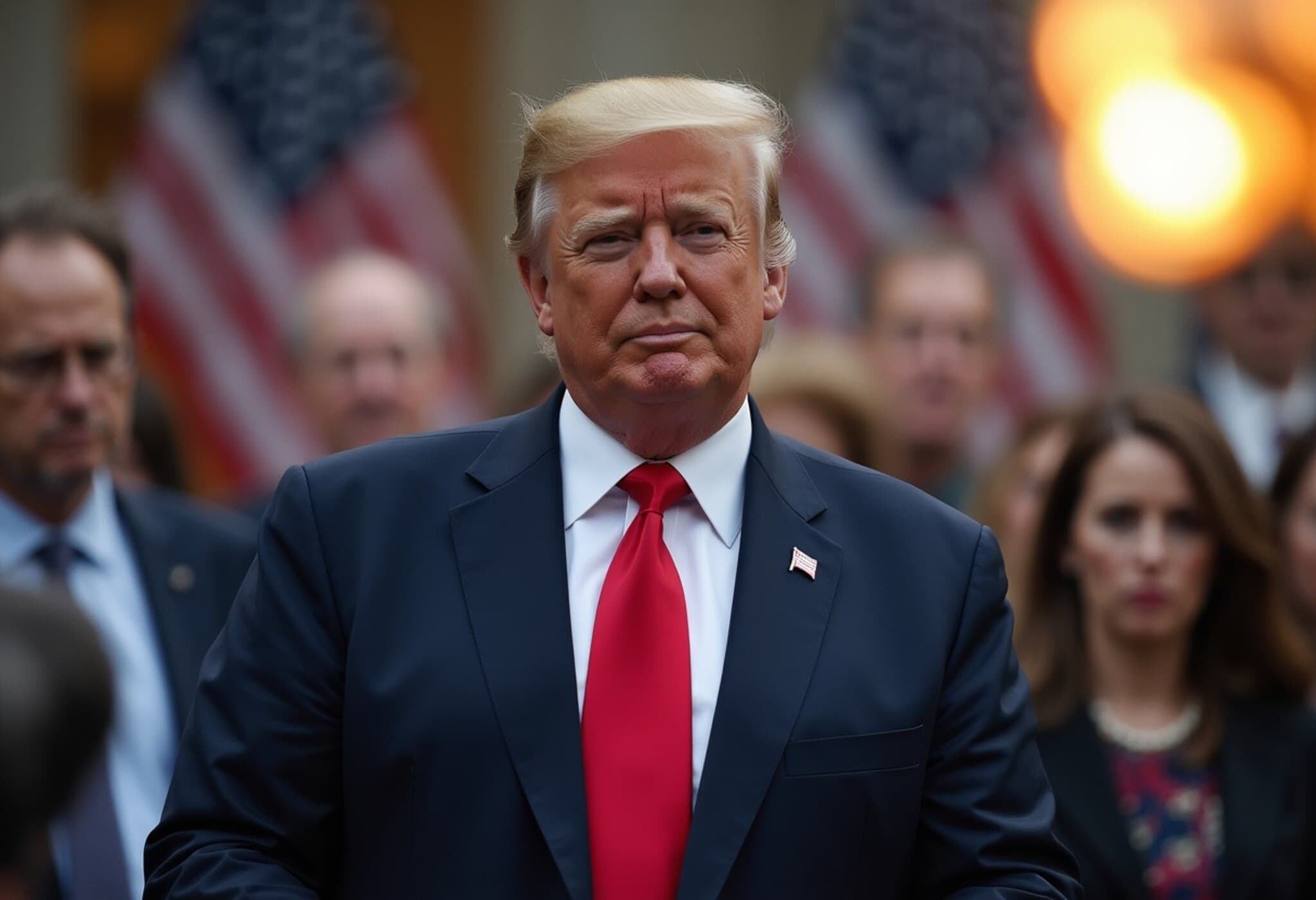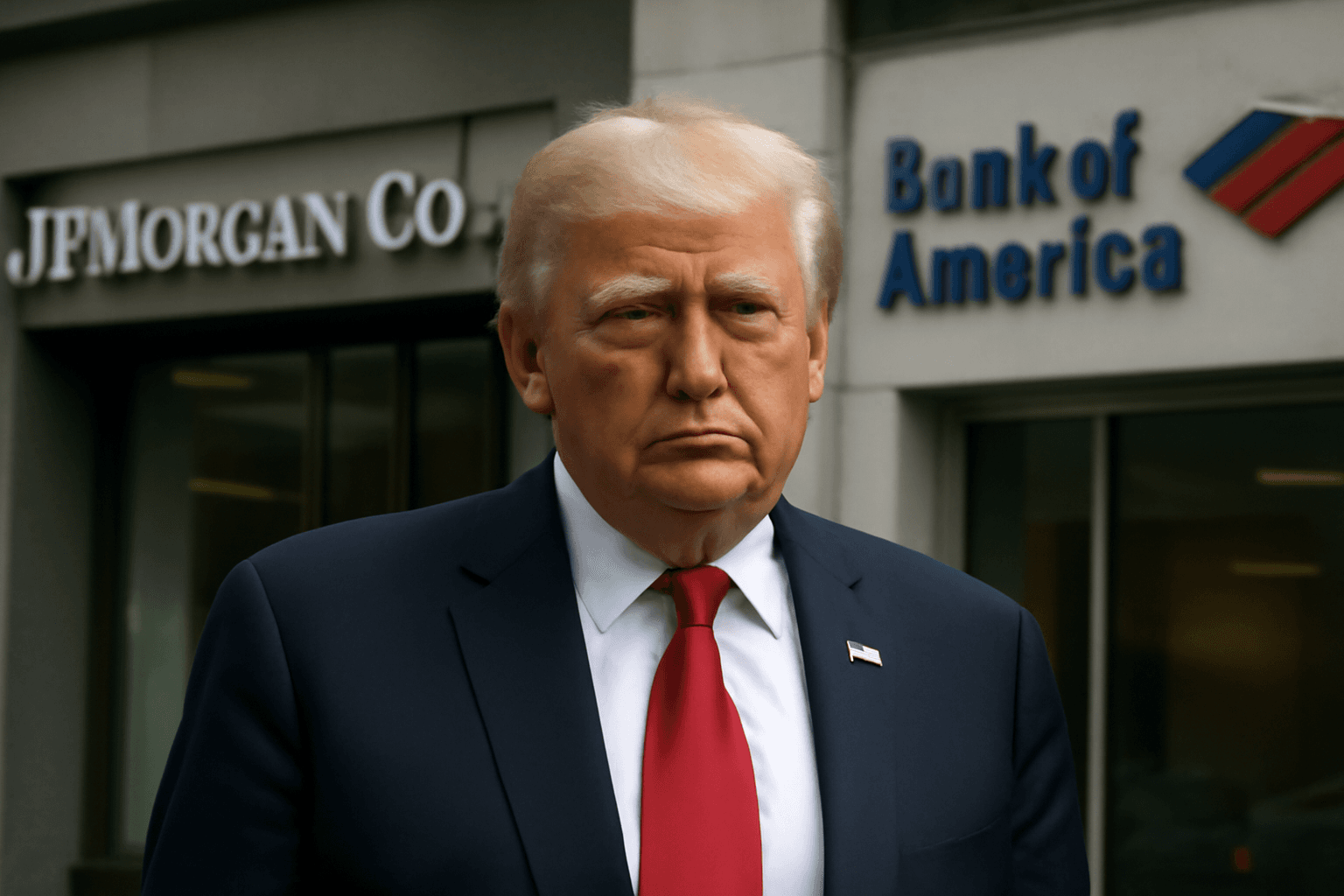Trump Administration Pushes Harvard University with Subpoenas Over Foreign Student Issues
The relationship between Harvard University and the U.S. government has taken a sharp turn as the Department of Homeland Security (DHS) escalates pressure on the Ivy League institution. On July 9, 2025, DHS issued subpoenas demanding detailed records concerning alleged misconduct by foreign students on Harvard's campus.
From Diplomatic Requests to Legal Pressure
Earlier attempts by DHS to collaborate with Harvard over foreign student activities met resistance. DHS publicly stated on X (formerly Twitter), “We tried to do things the easy way with Harvard, but it refused to cooperate. Now, we have to do things the hard way.” This stern rhetoric from the agency signals a hardening stance in an ongoing dispute that centers on visa abuse allegations and concerns over campus safety.
The Trump administration maintains that several universities, Harvard included, have allowed foreign students to exploit visa privileges and, in extreme cases, to promote violence and terrorism within university grounds. These are serious charges that carry significant implications for American higher education and immigration policy.
Potential Consequences for Harvard’s International Enrollment
Foreign students comprise nearly 25% of Harvard’s student body, a vital demographic for the university’s academic and cultural ecosystem as well as its finances. The stakes couldn’t be higher: the DHS’s recent move to revoke Harvard’s Student and Exchange Visitor Program (SEVP) certification threatens to block the university from enrolling new international students and issuing F-1 visas.
If this revocation is upheld, it would disrupt the academic careers of thousands and potentially damage Harvard’s global reputation. It would also set a precedent affecting other American universities where international students form a significant portion of the community.
Legal and Institutional Implications
Fox News Digital, citing DHS insiders, described the subpoena issuance as a measure of last resort after Harvard reportedly ignored less intrusive information requests from the government. Refusal to comply with a subpoena can lead to penalties, including civil fines, criminal charges, contempt of court findings, and rigorous audits—serious outcomes for any institution.
Kristi Noem, the DHS Secretary, previously requested comprehensive data from Harvard on foreign student activities in April. Authorities have labeled Harvard’s response as “insufficient, incomplete, and unacceptable.”
Context and Broader Implications
This confrontation highlights a growing tension at the intersection of national security, immigration policy, and academic freedom in the United States. While the government’s concerns about visa abuse and campus safety warrant scrutiny, critics argue that aggressive measures against universities risk undermining American leadership in higher education.
International students contribute not only economically but culturally and intellectually to U.S. campuses. Striking the balance between security and openness remains a delicate challenge.
Expert Insight: Navigating Policy and Educational Principles
Experts in immigration and education policy suggest that this case underscores the need for clearer, collaborative frameworks between federal agencies and universities. Instead of confrontational tactics, dialogue centered on transparency and mutual respect could preserve both national security and academic integrity.
Moreover, this case raises critical questions about the broader use of enforcement powers and the potential chilling effect on scholarly exchange and cultural diversity within American institutions.
Editor’s Note
As the Trump administration tightens controls over foreign student conduct, Harvard’s predicament encapsulates broader debates over immigration, security, and academic freedom in the United States. Readers should consider how policies designed to protect national interests might simultaneously reshape the educational landscape and affect international collaboration. What safeguards can ensure that security measures do not stifle global intellectual exchange? This evolving situation merits close attention for its deep impact on universities and students nationwide.

